Here is my first interactive fiction game, The Jinni. You can play it right now, and it will only take a few minutes. :)
As short as it is, it took me a long while to finish it. I had to completely overhaul it at one point because I'd reached the end and realized that the story had lost its way. I had gone down side-roads and explored background in the hopes of creating a richer experience, but it was just muddled. I would estimate that story was about 90% done before I chopped it down to just the beginning few screens and started again.
I'm so happy I did that.
Not just because the story is better for it, but because I actually saw the problem. There are so many stories that I don't realize are bloated and wandering until after I put them out into the world. The Jinni has a lot of rough edges still but I'm really glad I caught myself going off the rails this time.
What's left is smaller, less ambitious, but hopefully a lot more readable.
The kick in the butt I needed to finish this story after the restart came from watching Cassie Phillip's presentation from GDC called "All Choice and No Consequence" (http://www.gdcvault.com/play/1023072/All-Choice-No-Consequence-Efficiently). It lays out where the value of branching stories is, and it gives one really helpful writing tip which (like so much advice) is obvious in hindsight--Write your story first. Go from beginning to end, and then go back and add branches and variation.
Forcing myself to the end of the story made me realize what the rest of it was actually about, and it really clarified my revisions/additions. Again, obvious stuff, but I thought it was neat that this advice is specifically applicable to game writing.
If you have any desire to tell a short, interactive story, I highly recommend Twine. It takes some figuring out, but the tool is simpler than most and you can have a simple Choose Your Own Adventure going in a hour or so.
As short as it is, it took me a long while to finish it. I had to completely overhaul it at one point because I'd reached the end and realized that the story had lost its way. I had gone down side-roads and explored background in the hopes of creating a richer experience, but it was just muddled. I would estimate that story was about 90% done before I chopped it down to just the beginning few screens and started again.
I'm so happy I did that.
Not just because the story is better for it, but because I actually saw the problem. There are so many stories that I don't realize are bloated and wandering until after I put them out into the world. The Jinni has a lot of rough edges still but I'm really glad I caught myself going off the rails this time.
What's left is smaller, less ambitious, but hopefully a lot more readable.
The kick in the butt I needed to finish this story after the restart came from watching Cassie Phillip's presentation from GDC called "All Choice and No Consequence" (http://www.gdcvault.com/play/1023072/All-Choice-No-Consequence-Efficiently). It lays out where the value of branching stories is, and it gives one really helpful writing tip which (like so much advice) is obvious in hindsight--Write your story first. Go from beginning to end, and then go back and add branches and variation.
Forcing myself to the end of the story made me realize what the rest of it was actually about, and it really clarified my revisions/additions. Again, obvious stuff, but I thought it was neat that this advice is specifically applicable to game writing.
If you have any desire to tell a short, interactive story, I highly recommend Twine. It takes some figuring out, but the tool is simpler than most and you can have a simple Choose Your Own Adventure going in a hour or so.

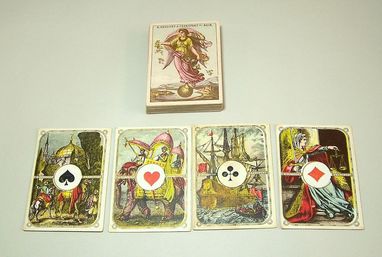
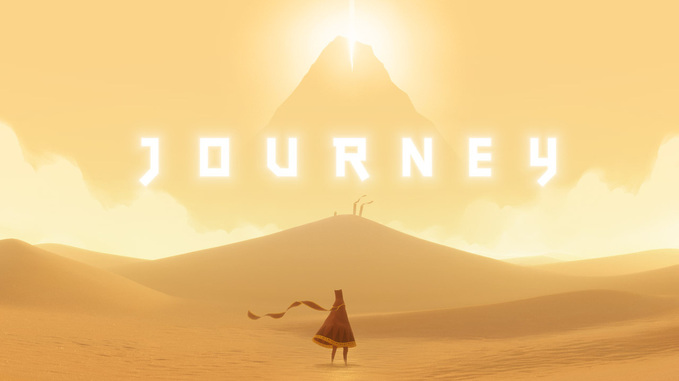

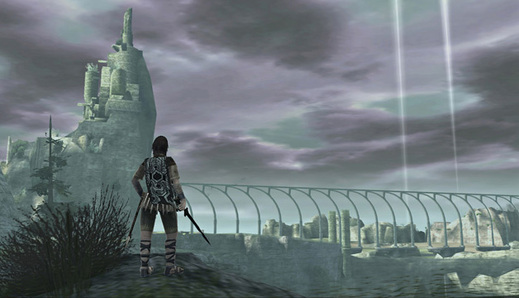
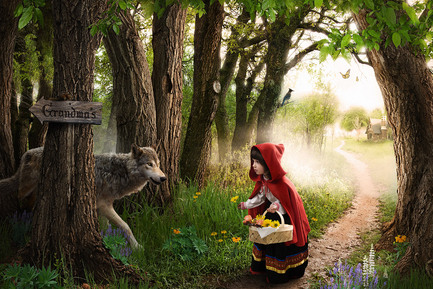
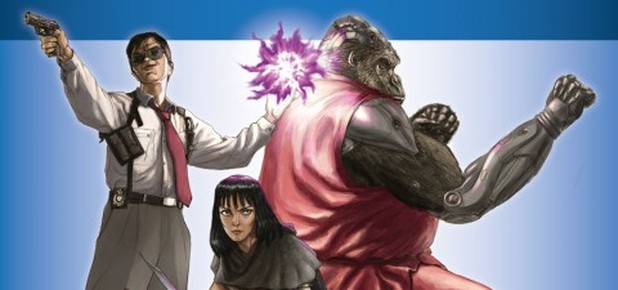
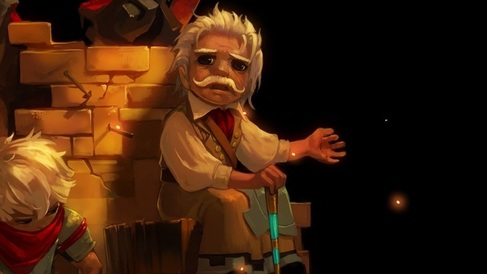
 RSS Feed
RSS Feed